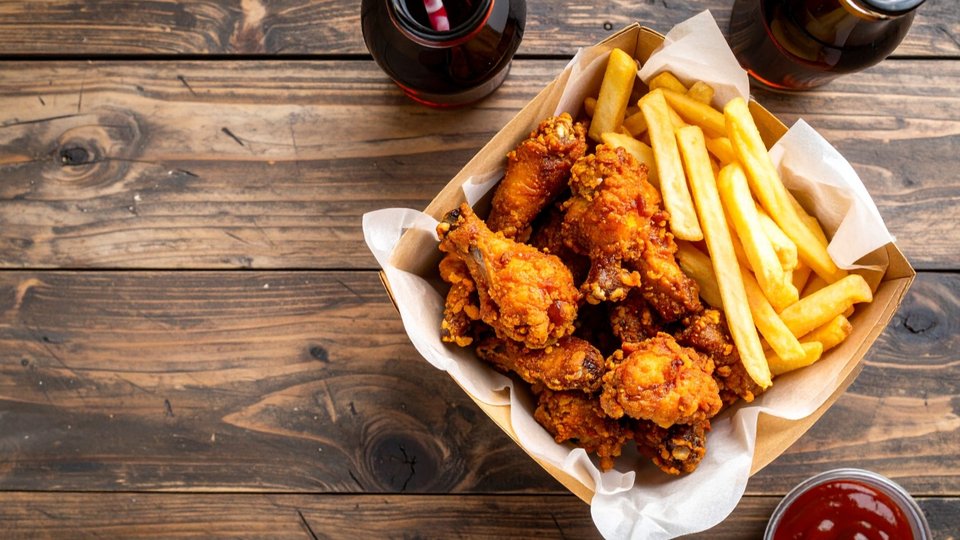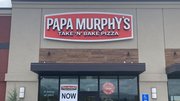Marketing
The value meal paradox: How restaurants use discounts to survive the consumer sentiment slump
Amid historically low consumer sentiment, major restaurants are adopting value meals as a strategic, temporary measure to retain customers and gain market share, but must carefully manage these promotions to avoid diluting their brand's perceived value and becoming associated with "cheap" food.

October 13, 2025 by Mark Wasilefsky — Head of Restaurant and Franchise Finance, TD Bank
Consumer sentiment is near historical lows, and as restaurants are systematically sensitive to macro level influences, the adoption of value meals by the major players makes sense. Preserving the habits of existing clients is a critical aspect of this strategy, as is grabbing market share from competitors who may not be able to match the attractiveness of these offers. Retaining loyalty during challenging economic times creates long-term relationships and makes it harder for the competition to draw dedicated clients away.
The nature of value meals is that they have inferior margins and as such are typically temporary in nature and are often switched up to retain originality and freshness within the offers. When properly managed, value meals can be an effective method for retaining clients and associated traffic while keeping the impact to profitability as well as the brand's value intact. Keeping value meals fresh, rotating the offers and keeping a close eye on consumer perception is important to the effectiveness of these offers.
Care must be taken not to let certain products, especially marquee offerings, to get stuck in the value meal rotation, either due to customer demand or through chasing volume without considering dilution. Every brand has its marquee products, those that customers typically think of when they are choosing to visit a particular brand. These products have a value in the mind of the consumer and are often representative of the brand and its own value, when viewed favorably. Providing discounts on these marquee products can potentially associate the entire brand with a value-oriented proposition. In this situation, the consumer may even consider the brand to be inferior to its competitors, competing only on price and perhaps falling behind on perception of quality and overall value. While this is a worst-case scenario, it can be tough to recover from, and no brand wants to be viewed as a value proposition in and of itself. This can result in the entire brand being perceived as "cheap", which may be fine in certain industries (clothing and automobiles come to mind) but it is very difficult to find a situation where people are looking for cheap food as a whole. Consumers want a balance, and "value" is a very different concept than "cheap." Aside from the obvious margin impact, this is largely why opportunistic and temporary value propositions are the norm.
Most brands manage the value proposition well, using their expertise and even focus groups to help decide on how to execute on balance. Extensive databases retained by most major brands, derived from the data gathering capabilities of digital ordering as well as loyalty programs provide an extensive cache of information to make these decisions. In the overall industry, scaled brands and scaled operators have a distinct advantage over smaller concepts given this advantage, and as such smaller operators typically have more risk and are les likely to offer value-based meal propositions at scale.
Value meals are an inherent part of the scaled restaurant business, maintaining traffic levels, promoting customer loyalty and keeping your clients out of competitors' restaurants. However, they are not without risk both from a financial standpoint and a reputational standpoint, and brands must keep these two concepts in mind when deciding what, how much and for how long to offer menu items at a discounted price.
About Mark Wasilefsky
Mark Wasilefsky is Head of Restaurant & Franchise Finance at TD Bank, where he leads the bank’s efforts to support growth, acquisitions, and innovation in the restaurant and franchise sectors. He brings over two decades of experience in investment and commercial banking, with a deep specialization in franchise finance. Before joining TD, he was senior vice president at RBS Greenwich Capital and prior to that, senior vice president at Bank of America. Mark holds an MBA in Finance from Western New England University and a BA in economics from the University of Connecticut.
 ChatGPT
ChatGPT Grok
Grok Perplexity
Perplexity Claude
Claude








